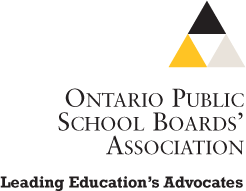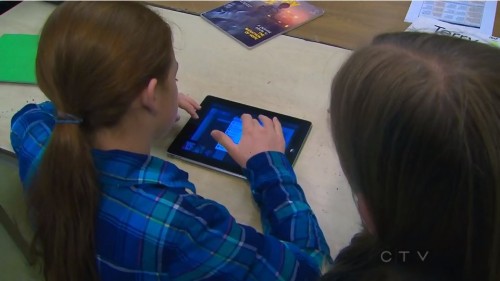![IMG_5435[1]](http://www.c21canada.org/wp-content/uploads/2013/11/IMG_54351-e1383839038871.jpg) Congratulations to the Peel District School Board! Recipients of the C21 Canada Shifting Minds National Award for distinctive achievement in the field of 21st Century Learning and Innovation System Award category.
Congratulations to the Peel District School Board! Recipients of the C21 Canada Shifting Minds National Award for distinctive achievement in the field of 21st Century Learning and Innovation System Award category.
Pictured left to right: Robert Martellacci, MSL/C21 Canada; Tony Pontes, Director, Peel DSB; Mark Keating, CIO, Peel DSB and John Kershaw, president, C21 Canada




